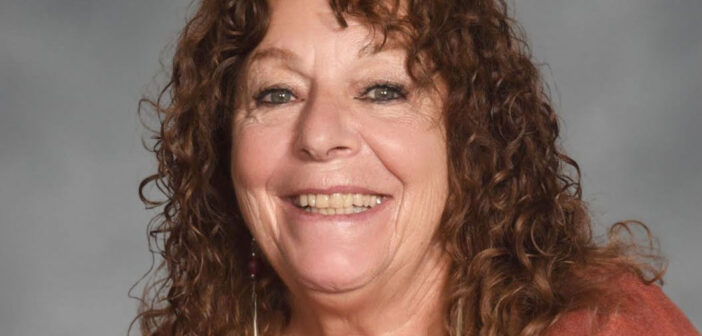Professor of political science Laura Katz Olson released her second book, “Ethically Challenged: Private Equity Storms US Health Care,” on March 8 .
Olson’s book focuses on the convergence of private equity firms and the healthcare industry and how private equity firms are negatively impacting the healthcare industry.
Olson said she has done extensive research on this topic and believes this issue will have detrimental effects on the healthcare industry if the problem is ignored and things continue as they are.
According to Olson’s research, private equity firms are buying healthcare facilities, including hospitals, hospice care facilities and eating disorder treatment centers. She said the firms are decreasing the quality of care by using lesser quality materials, for example, in order to make a large profit.
Olson said this issue has been going on for years and she wants to bring more attention to it through her research and writing.
Olson sat down with The Brown and White to discuss her book and why the topic is important to her.
Q: What is your book, “Ethically Challenged: Private Equity Storms US Health Care,” about?
Laura Katz Olson: It’s about how Wall Street investment firms, that have started to in the last maybe eight years or so, and increasingly more, invest in our healthcare system and some of the disastrous effects of it and some of the really concerning effects that we have so far.
Q: What inspired you to write this book?
LKO: I study healthcare. I’m interested in healthcare. I started to notice that a lot of our healthcare system was being bought up by private equity firms. I just got curious and the more I learned, the more curious I became. I consider this a really serious issue.
Q: How long have you been working on this book?
LKO: Three years or four years. I didn’t just start writing it, I first had to do the research. I get antsy. I finished my last book, and then I was ready to start this one.
Q: How did you conduct your research for this book?
LKO: I have never studied finance, so I first had to read up about what private equity is and its financial maneuverings. I had to also look up and read about (private equity’s) investment policy and its history of investments. And I then was able to buy — thanks to funding from Lehigh — a dataset of where they invest and a lot of the particulars. I also interviewed healthcare providers who were bought out by private equity and learned about some of the ramifications. It’s the interesting part, but it’s also the challenging part.
Q: Why do you want more people to be aware of this topic?
LKO: Because when private equity first started in the 1980s, (it) did some pretty horrendous things, but they were all in retail. One of the most infamous things is Toys “R” Us. (Private equity firms) totally bankrupt(ed) Toys “R” Us, so it no longer exists. When I realized that they were now moving into healthcare, I felt that this is different. This is our health. This is our medical needs, our well being. Decimating Toys “R” Us is not the same thing as decimating the healthcare system.
Q: What are the biggest takeaways from the book?
LKO: I learned a great deal. That’s one of the big takeaways, that private equity doesn’t really care as long as they can make outsized profits. Investing in hospice care or autism services for kids is the same to them as investing in any market. Another thing I learned is that (private equity firms) spend very little of their own money. Nearly all the money comes from public pension plans and borrowing, which they make the company they bought pay back.
Q: Do you think any of these private equity companies have good intentions and are trying to improve the healthcare industry?
LKO: They’re not interested at all. Private equity squeezes their companies for all they’re worth in order to make a profit. They will, and do, decrease the quality of care to do so. It does not matter to them that people in hospice care or eating disorder recovery are not getting the best quality care.
“Ethically Challenged: Private Equity Storms US Health Care” was published on March 8 and is available on Amazon.






Comment policy
Comments posted to The Brown and White website are reviewed by a moderator before being approved. Incendiary speech or harassing language, including comments targeted at individuals, may be deemed unacceptable and not published. Spam and other soliciting will also be declined.
The Brown and White also reserves the right to not publish entirely anonymous comments.